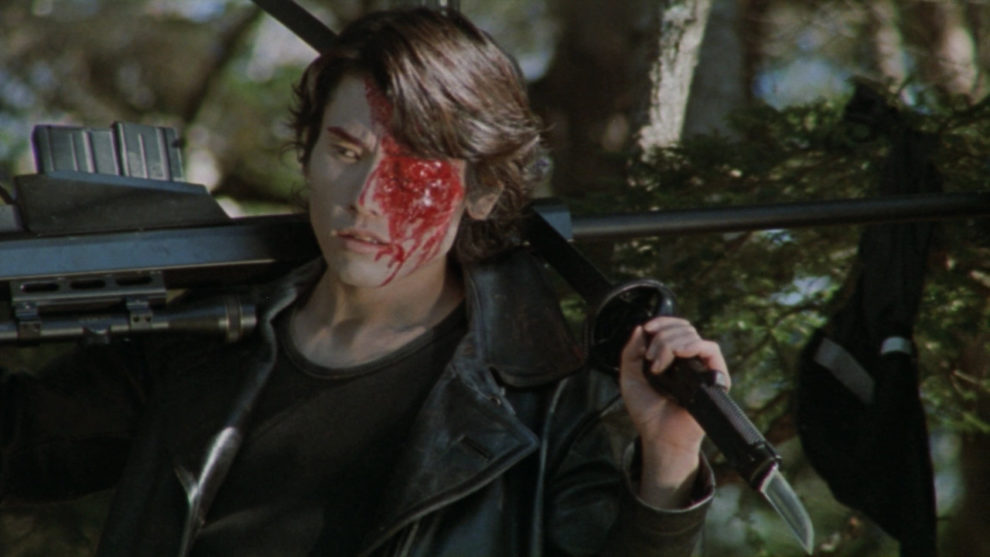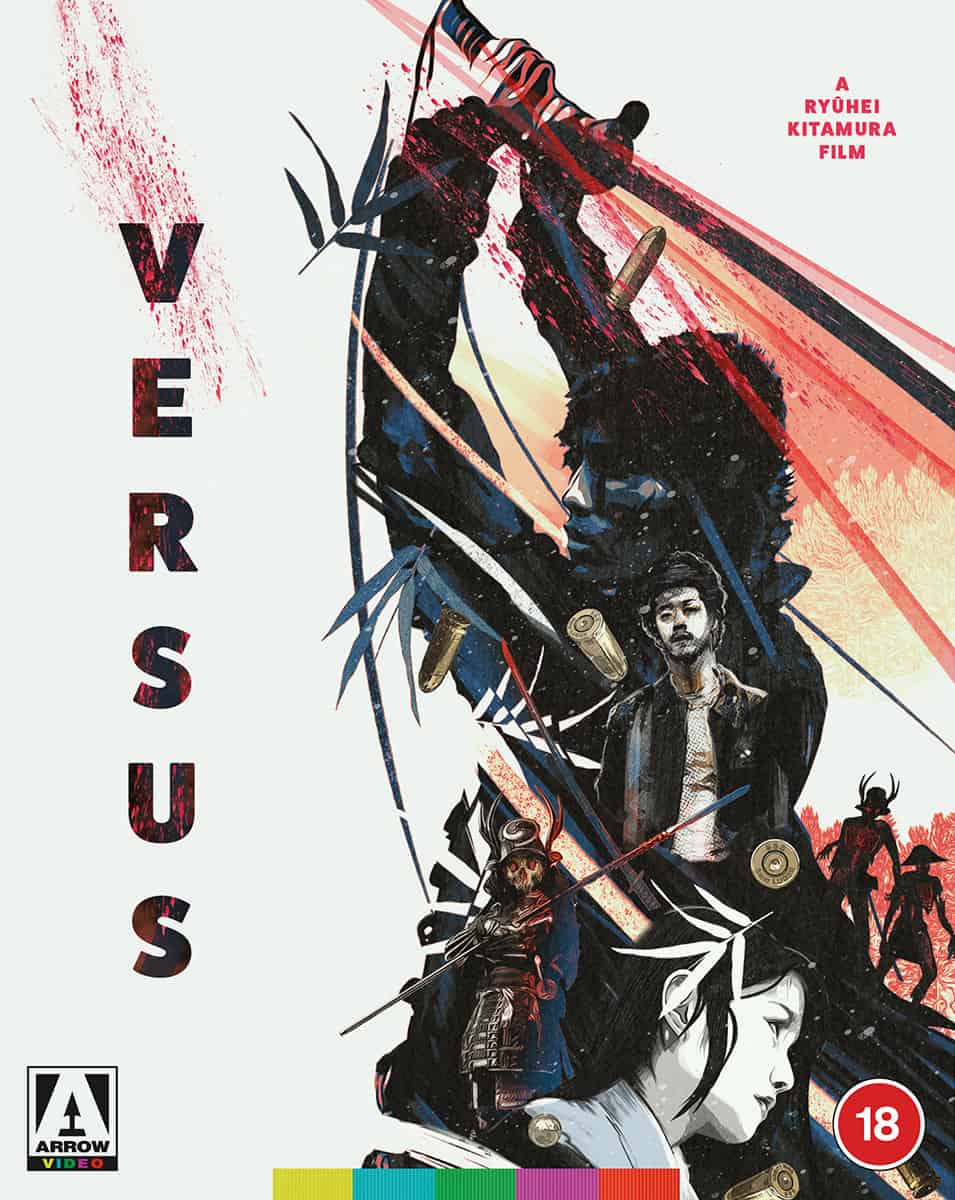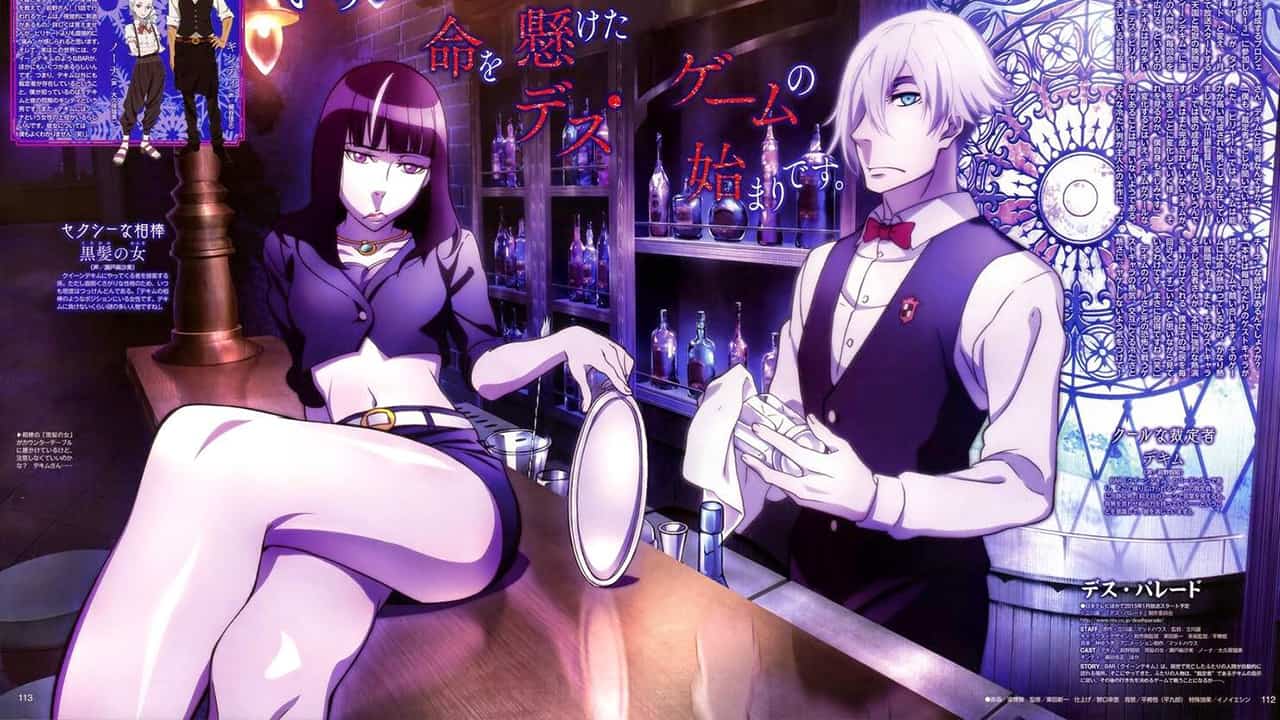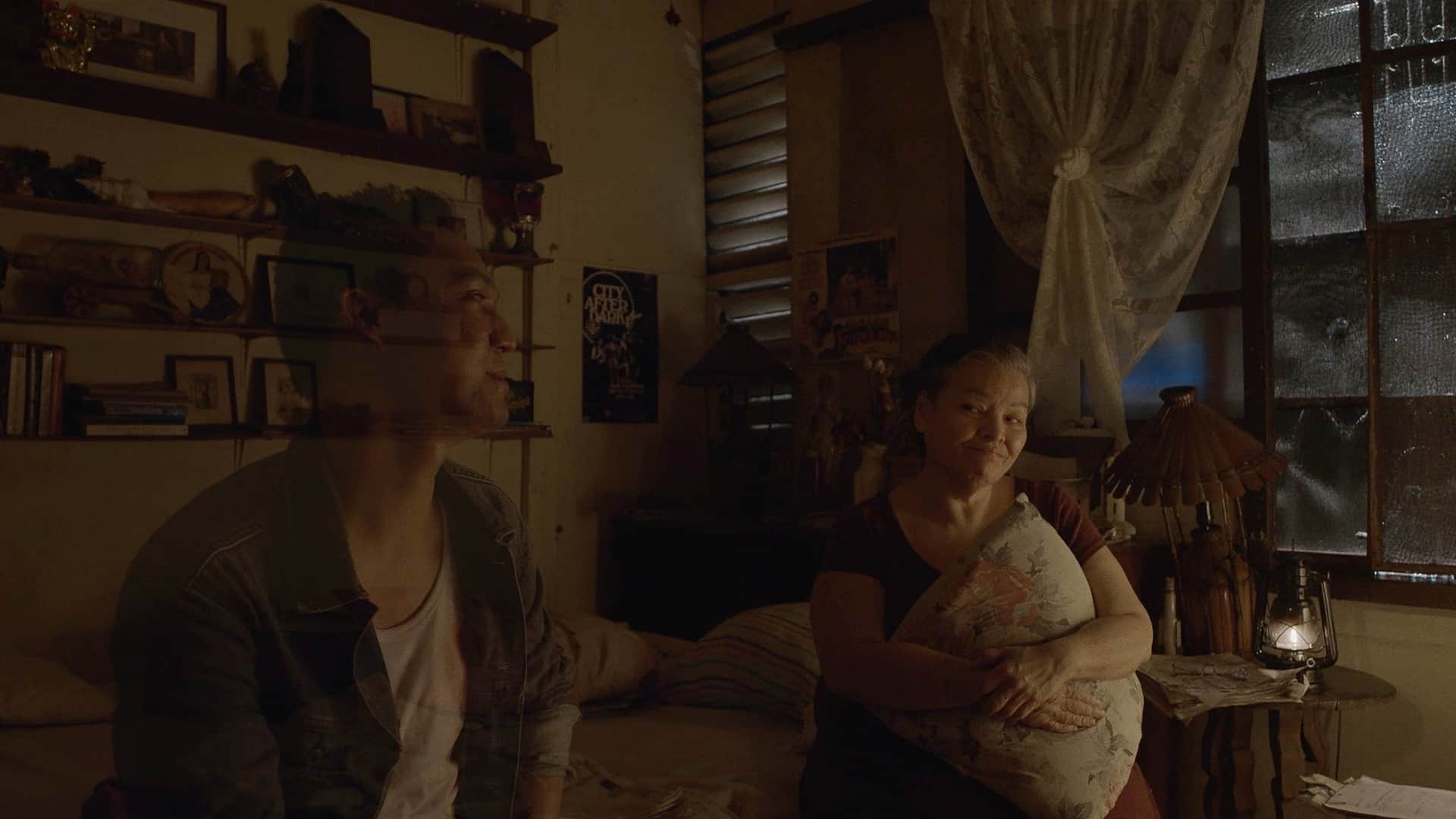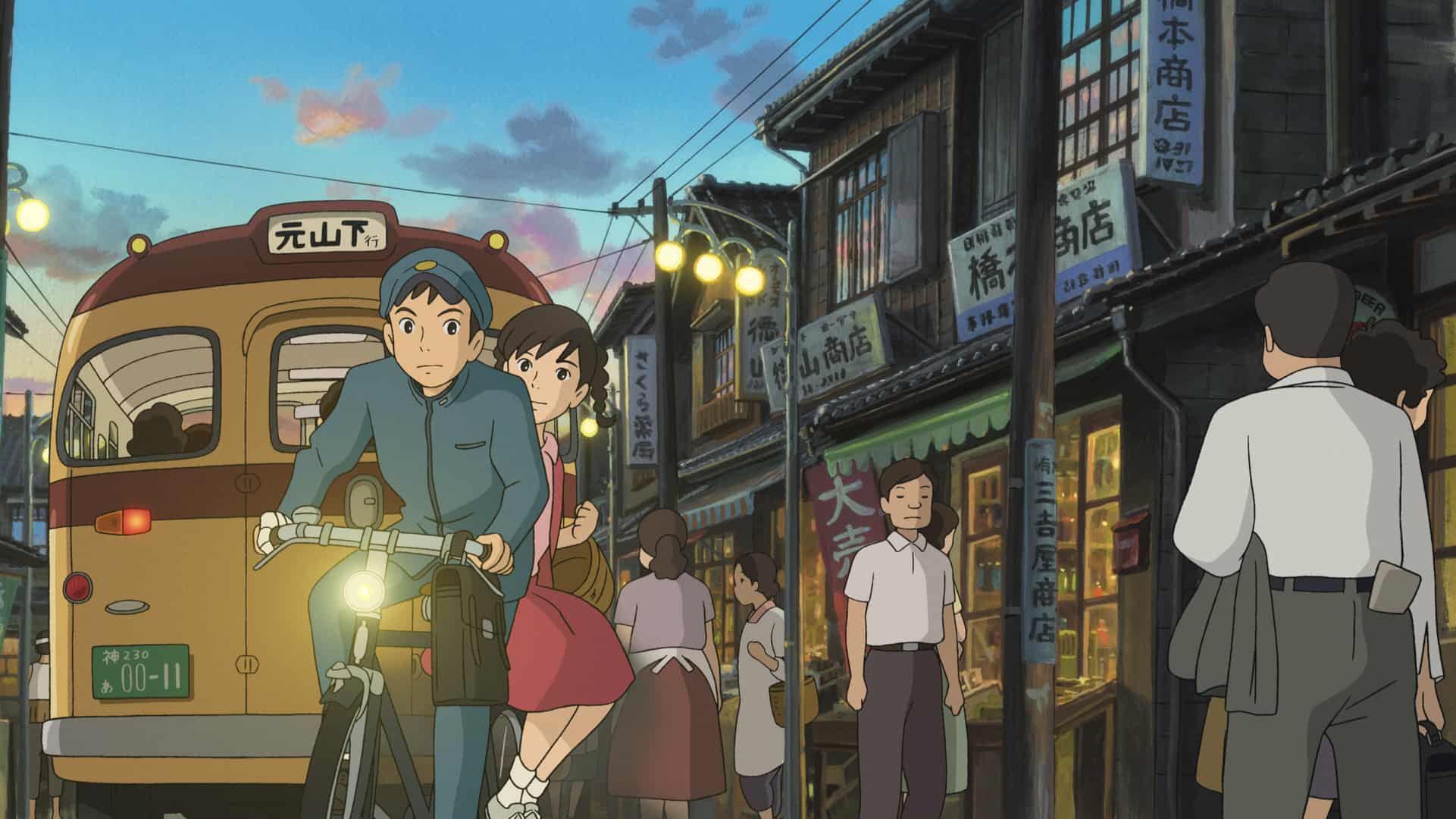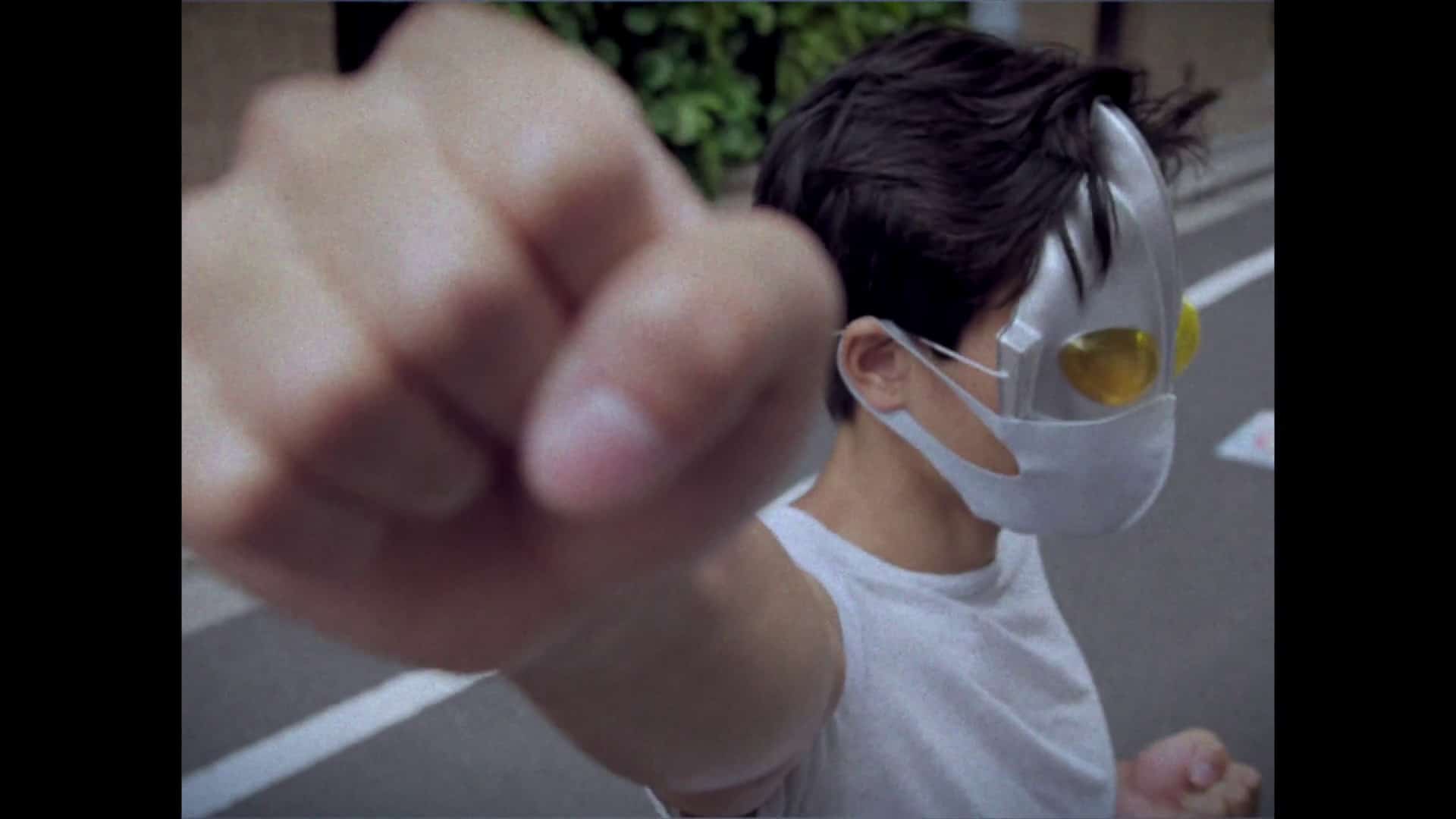“A mysterious face-off in a wooded clearing between two escaped convicts and a carload of sharply dressed yakuza holding a beautiful woman captive ends in hails of bullets and showers of blood. The location for this violent encounter is the mythic Forest of Resurrection, the site of the 444th portal of the 666 hidden gates that link this earthly domain to the netherworld – and it didn't get this name for nothing. As one of the surviving prisoners escapes with the girl into the darkness of the forest, disgruntled gangsters soon become the least of their worries as an earlier battle between a lone warrior against hordes of zombie samurai is carried over from a millennium ago into the present day…” (Arrow)
Buy This Title
A cult hit on initial release, “Versus” is a blood soaked horror/action indie film from Japan that introduced many westerns to Japanese film in its familiarity to western tropes of over-the -op action, gore and machismo reminiscent of the works of Peter Jackson or Sam Raimi. Decades later, none of these elements have lost their appeal as they still speak to a bygone era romanticized by fans of genre film.
The continued success of the production rests predominately on the more sensational elements, with the blood and the action being delivered in glorious excess. The film would act to launch both Ryuhei Kitamura and Tak Sakaguchi into the limelight on their ingenuity in maximizing their limited budget to create a very defined and sleek vision of chaos. The vision is still intact and still holds the same thrills despite audiences being gifted with a few decades of absurd cinema from Japan becoming readily available.
Thankfully, the focus on action and effects is enough to carry the entire production, as many other elements fall pretty short. Notably, the actual narrative is rather uninspired and more a means to set up for the next action sequence. Consequently, many of viewers fond memories of the production on revisiting is likely to be tied to certain sequences over the actual story. With two different cuts of the film (thankfully the re-release from Arrow contains both) the director's extended cut adds little of value and if anything makes the film tedious to get through as genre films with a focus on comedy, gore and action hardly ever benefit from an extended run time. Return value on shock and sensationalism is always lessened when this happens.
The technical side of the production is a bit of a mixed bag. On one side, the visual presentation is wonderfully chaotic and creative, offering up some gloriously gooey shots of gore focused action. Adversely, the soundtrack is grating and reflective of the time period with a ‘in your face' score that seems really hard to try to establish just how cool it is. Also common of that era is a dreary color tint that takes away some of the impact of the blood and gore.
Ultimately, any critiques against the film can be pushed aside in a love for the special effects and chaotic approach that made “Versus” one of the most beloved cult films to ever come out of Japan. Other aspects, such as the campy dialogue and silly one liners, will be adored or abhorred based entirely on audience preference. Fans of horror of the 80's and its embrace of the absurd and its love of practical effects will certainly be won over by the over-the-top execution.
The cult success that “Versus” garnered on release is certainly deserved, and many aspects of the production that made it such a hit are still present decades later. Additionally, the release from Arrow Films gives a deserved 2k restoration that will both please existing fans and draw in new ones.


